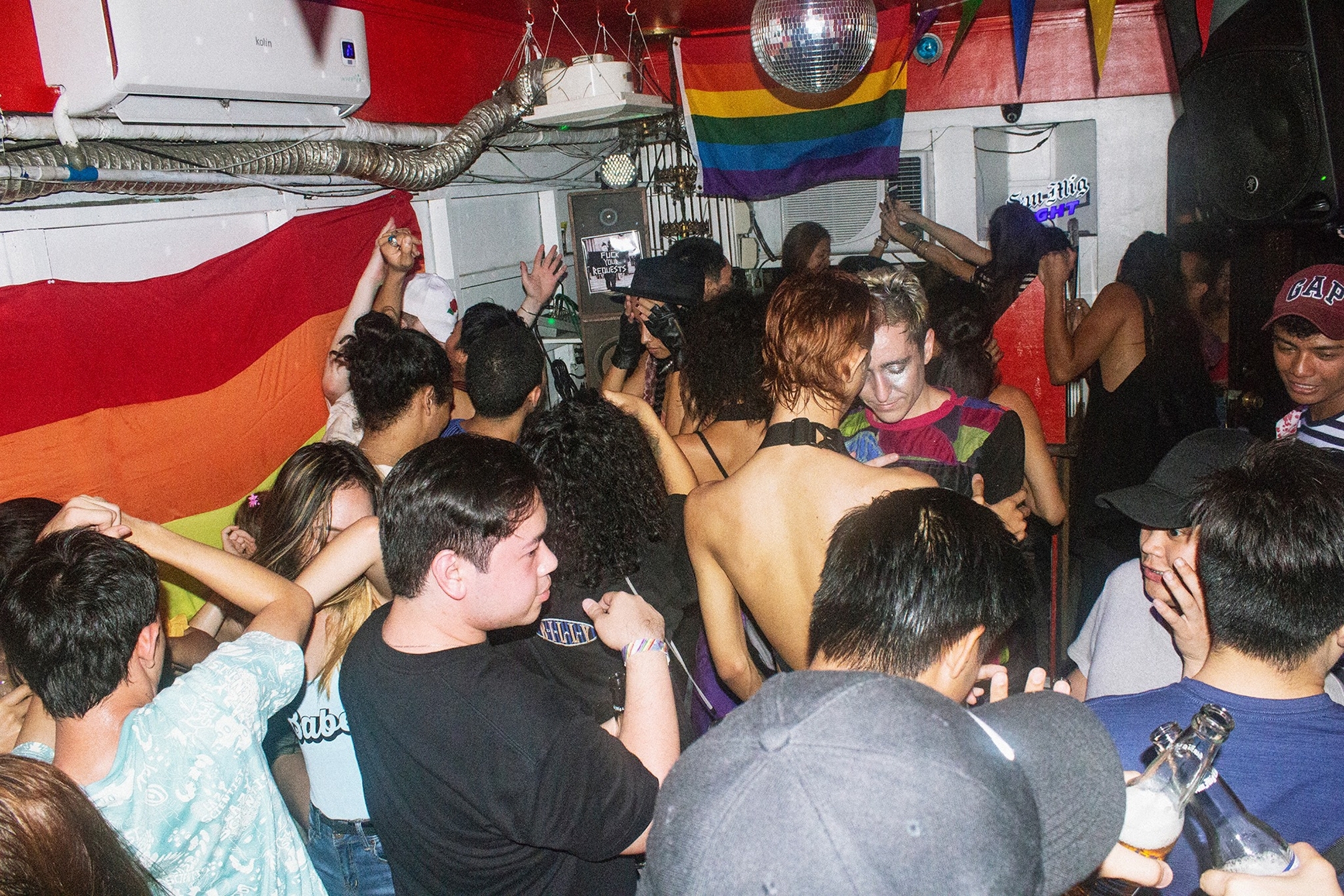 Features
Features
Your full attention: Trans representation in Manila's club scene
Teya Logos, Dignos, Isola Tong & Adrianne dissect what it means to be trans on & off the dance floor
Public life in the Philippines is often a paradox, particularly when it comes to its queer community. 80% of the country’s citizens are raised Roman Catholic while 73% believe that homosexuality must be embraced by society. Many believe that the LGBTQIA+ should be shielded against discrimination while others strongly disagree with trans women being allowed to use female restrooms. Trans beauty pageants are continuously flocked by enamoured crowds while hate crimes against Filipino trans people are rarely frontpage news.
The local electronic music scene isn’t exempt from such an enigma.
“At first, it felt so overwhelming with how the local underground music scene are so welcoming to us trans DJs and artists,” Dignos explains her conflicting journey as a DJ. “Our voices are finally heard, and people have given us a platform but not everyone was very accepting. I actually remember being discriminated against a lot of times in club spaces in Poblacion. It felt very unsafe and humiliating for me.”
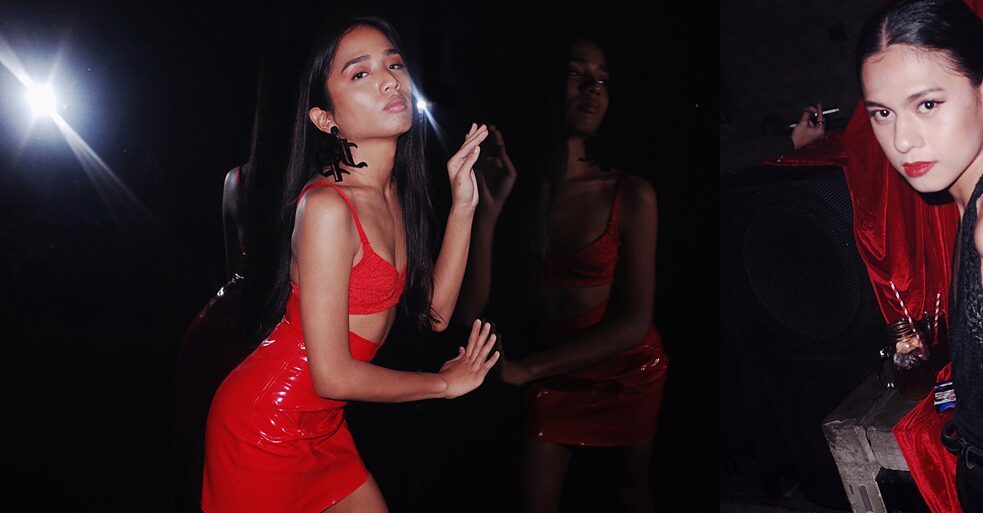
Adrianne, who often plays alongside Dignos, further points out: “It can feel like a double-edged sword, there are a few moments of questioning especially about their intentions — thoughts like 'Are we being tokenized?' vs 'Are we actually being recognized because of our talents?' I was offered opportunities where it felt disingenuous, some I turned down, some I participated in. It's a learning curve.”
Beyond clubbing, there’s a clear push and pull between sincere and performative in Manila’s queer scene.
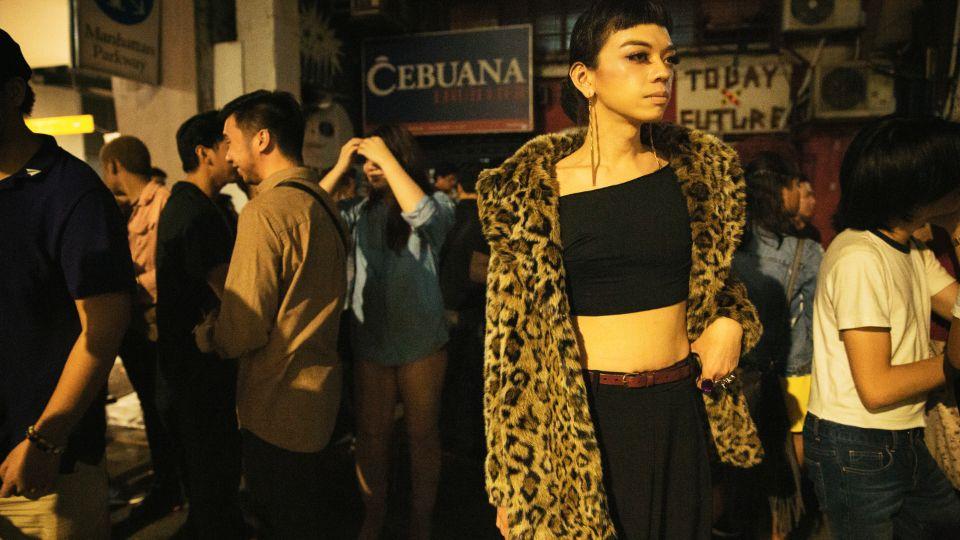
“I think the queer community sometimes adopt toxic values from the straight mainstream such as ageism, colourism and objectification of female bodies. I sometimes feel that there is a tendency to privilege the young and the hyper female or at the other end of the spectrum, the hyper male, and disappointingly, white cis male,” notes DJ and visual artist Isola Tong. “It enforces this what I call AFAM (A Foreigner Assigned in Manila aka Expat)-Jungle Girl fetishization. I think we need to expand our consciousness and represent the broader spectrum of gender and identities.”
Defying limits
The capital’s electronic music industry is small compared to its neighbouring countries, even made smaller now that safe spaces and clubs like Today x Future, Pineapple Lab and XX XX have closed, all of which actively hosted, advocated and empowered trans talents behind the decks and on the dance floor. Closed-off circles, limited venues that truly embrace the community, and missed opportunities no thanks to the pandemic make the road for trans people in the local dance scene arduous. However, it’s not at all hopeless.
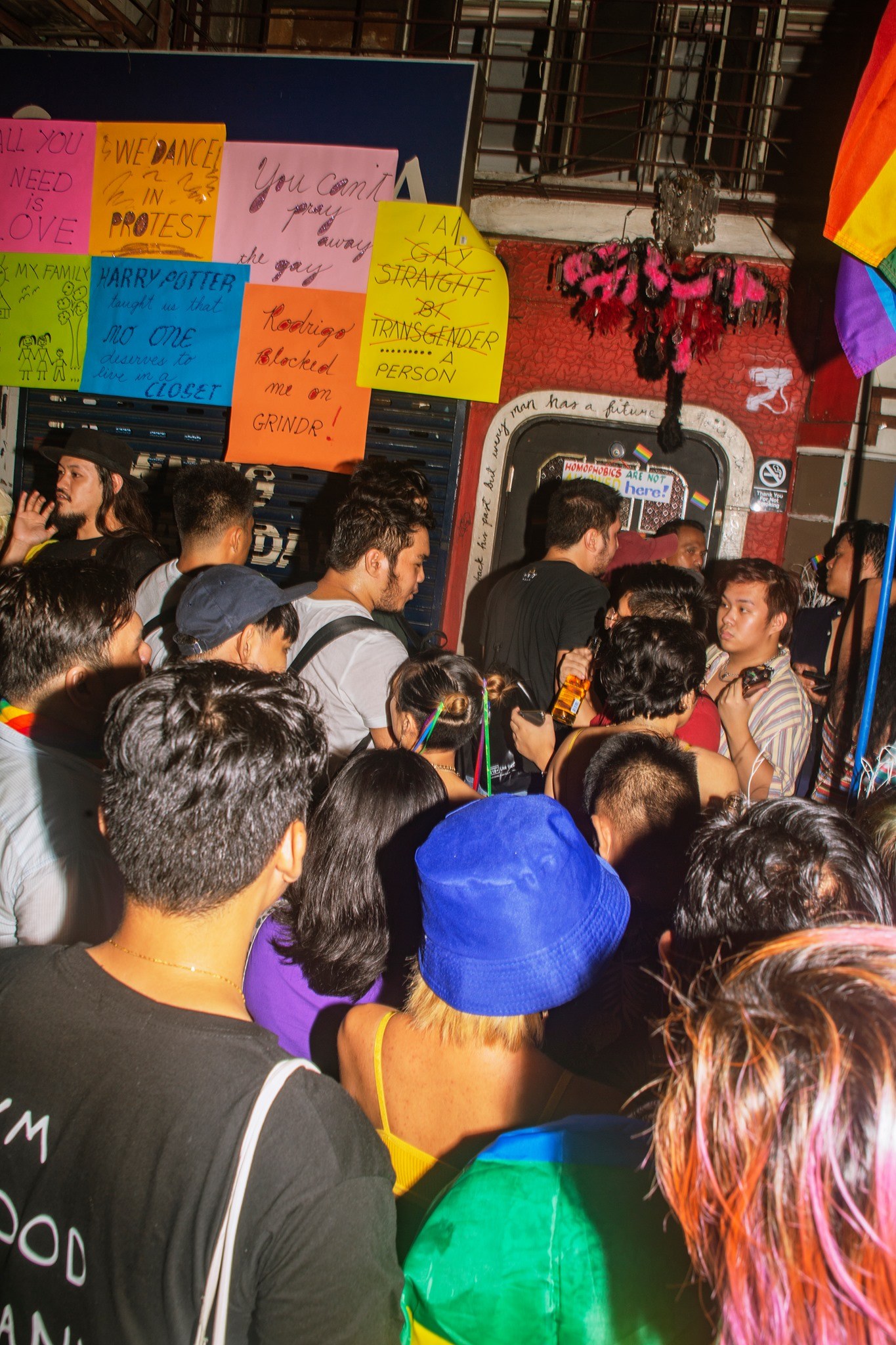
“I thought 2020 would be my year to self-actualize as a trans woman and as an artist, but we all know what happened. Nonetheless, I've been trying to spend quarantine as best as I can, and learn from it as much as I can. I've been doing amazing shows for online festivals and radios,” quips DJ and producer Teya Logos, who recently shared the digital stage with object blue at Club Matryoshka. “I'm new to the local scene, and when I wanted to start going to gigs and playing shows, quarantine happened. The only thing that really pops up in my head is how kind, supportive, amazing, and talented everyone is in the local scene.”
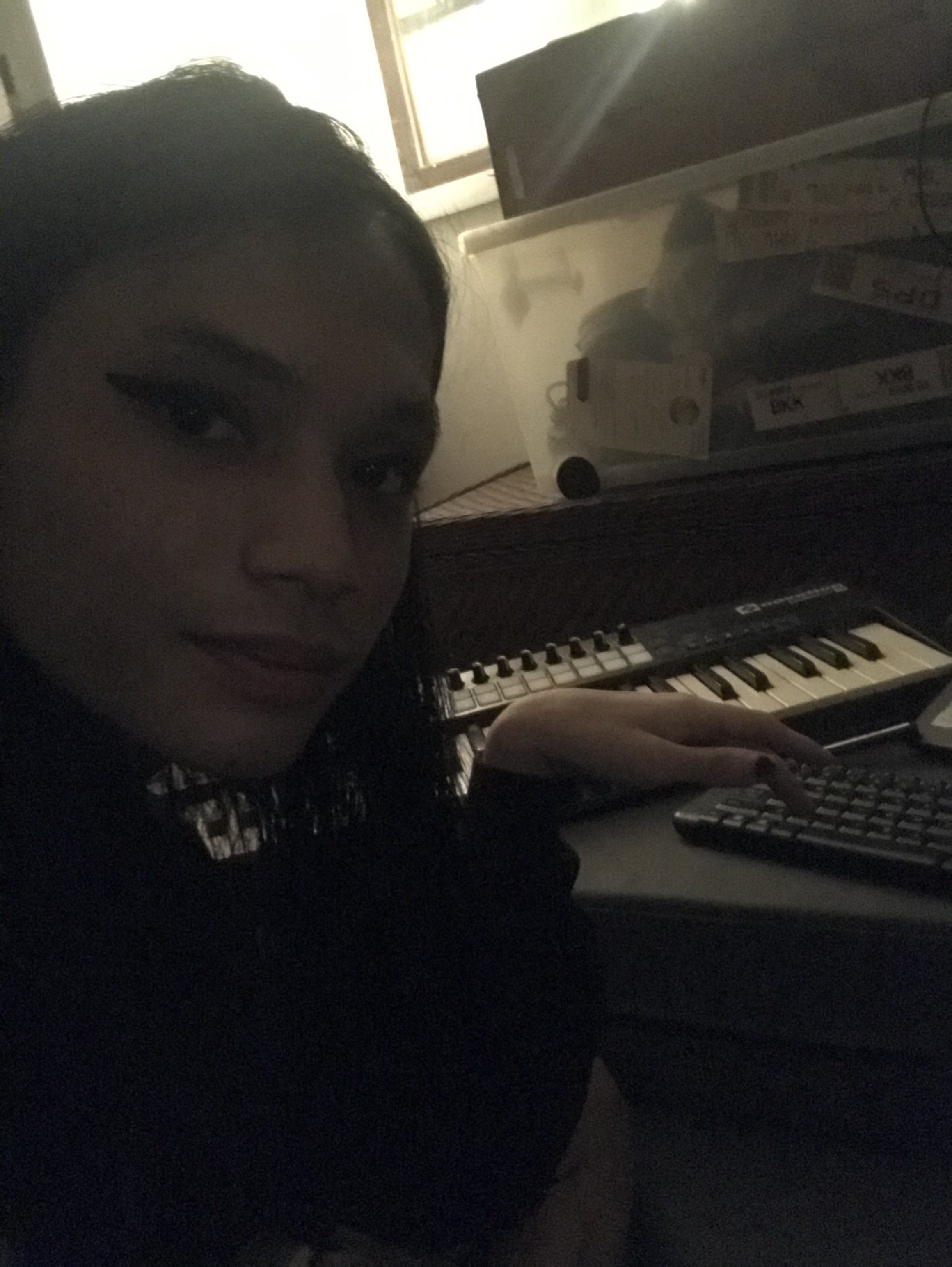
Isola adds: “I am an optimist. I think this country is going through a journey of awakening and I see it happening in my lifetime. I think the scene will be more diverse and less divisive.”
A way to restart
In order to facilitate hope, it’s essential to highlight the importance of trans communities in the club scene. In a country that heavily relies on church teachings but is also populated by those defending gay rights, avenues of visibility and support must be more prominent.
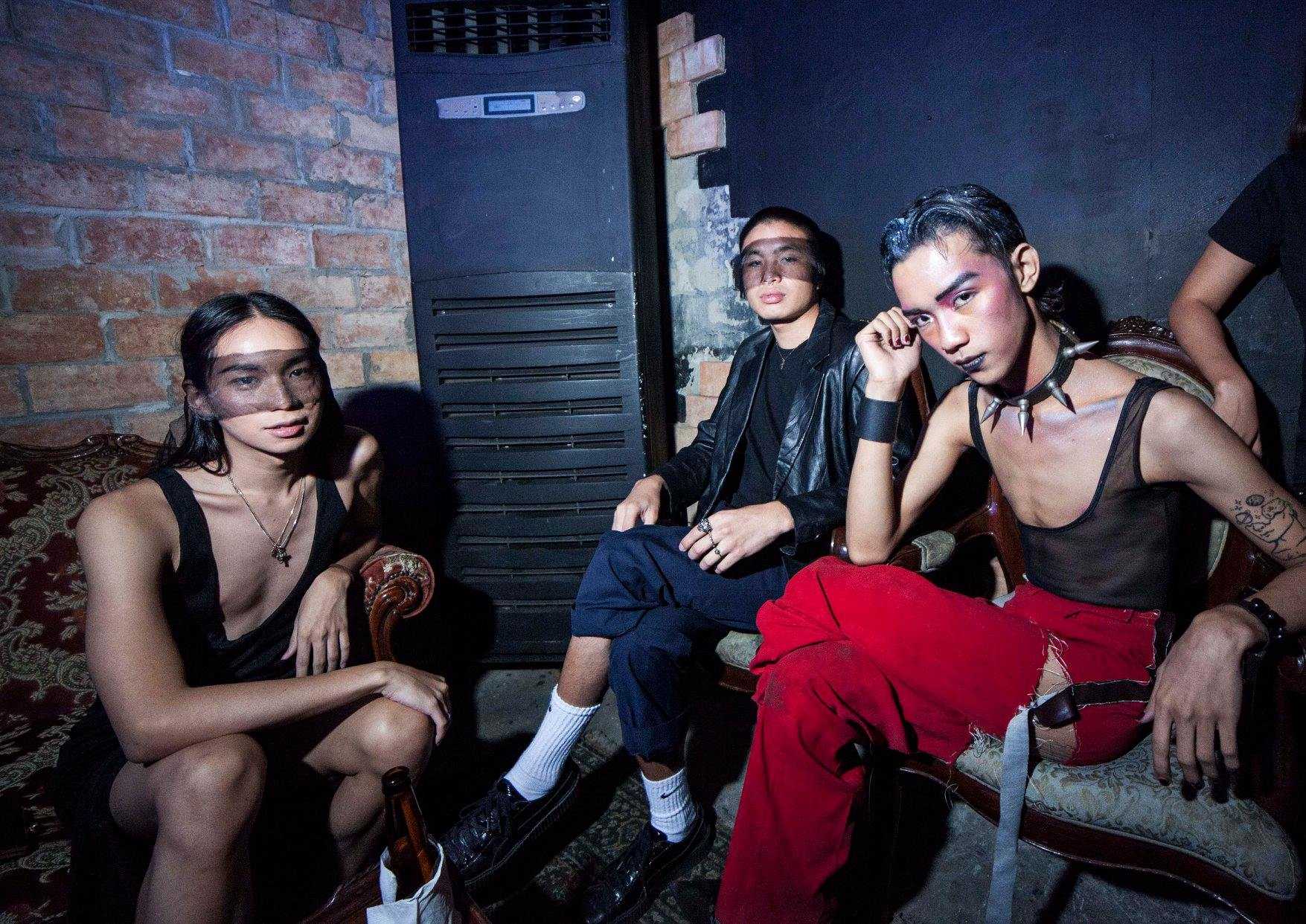
“Music publications could have more queer writers, radio shows could have more queer curators, supporting projects made by queer people for queer people would let us thrive without needing to water down ourselves by catering to cis-het folk,” Logos says. “Whether it's cisgender people helping build independent power structures for queer people to thrive, or all of us building an independent, self-sufficient, and thriving local scene so we wouldn't have to fetishize and water ourselves down for "greater" opportunities, creating a thriving community means being able to thrive by ourselves and for ourselves to the fullest extent.”
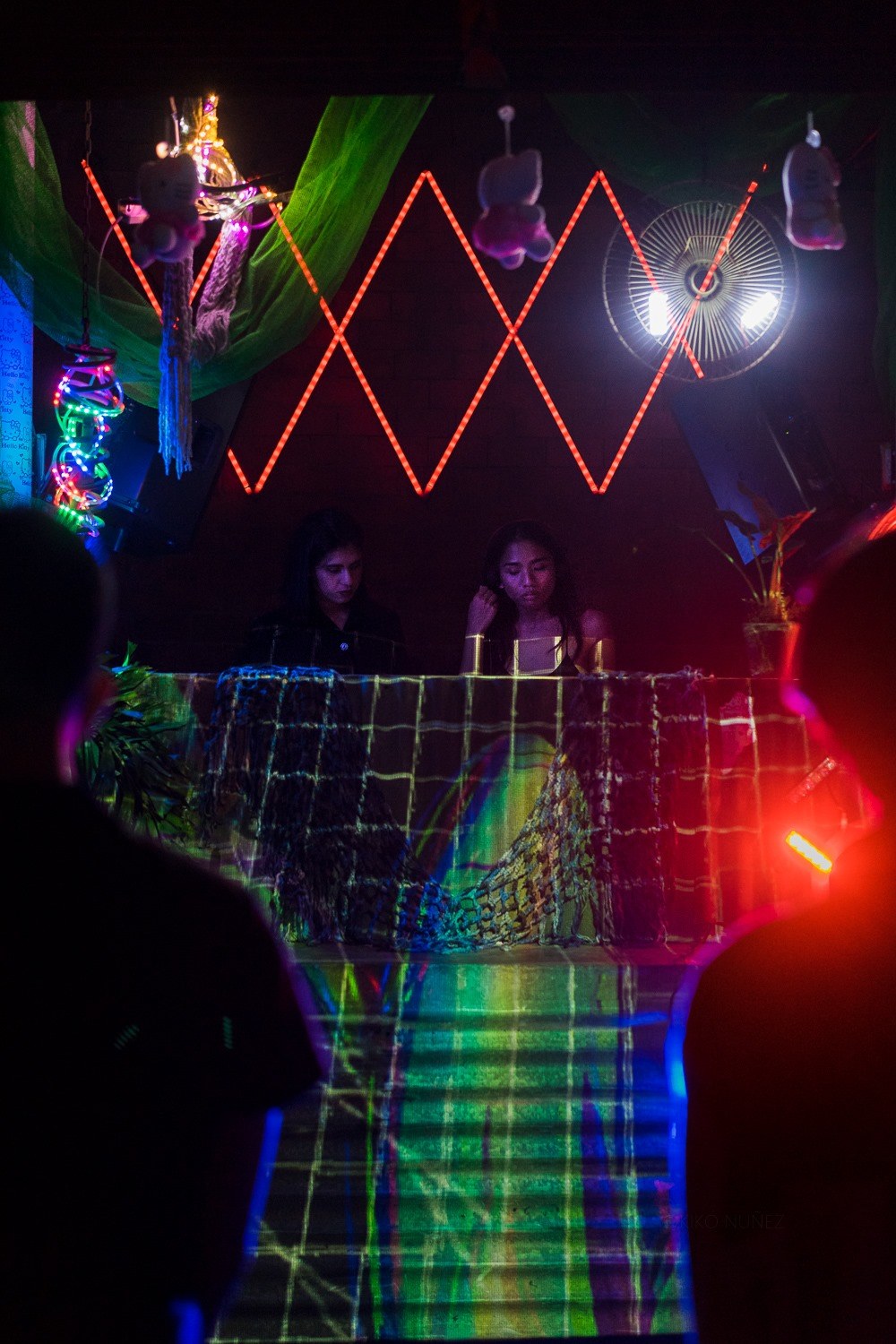
For trans people of the local dance scene, the pandemic could be key to refocusing and restarting the community; one that truly embraces diversity and equality over posterity.
“I feel like it would take a long time before we could build a scene again. Partying will not become our first priority after this pandemic, but I hope there would come a time when people would have the motivation and the resurgence to bring back the local underground scene again for the love of music and dancing,” Dignos notes.
Adrianne shares: “It would be great too if we can develop a more identifiable local sound. I think the pandemic sort of filtered out those who are truly passionate about the scene. I hope for a better quality of in terms of the crowd and events. It would also encourage the community to think of more creative ways of organizing parties and events. I’m interested in seeing how it develops.”
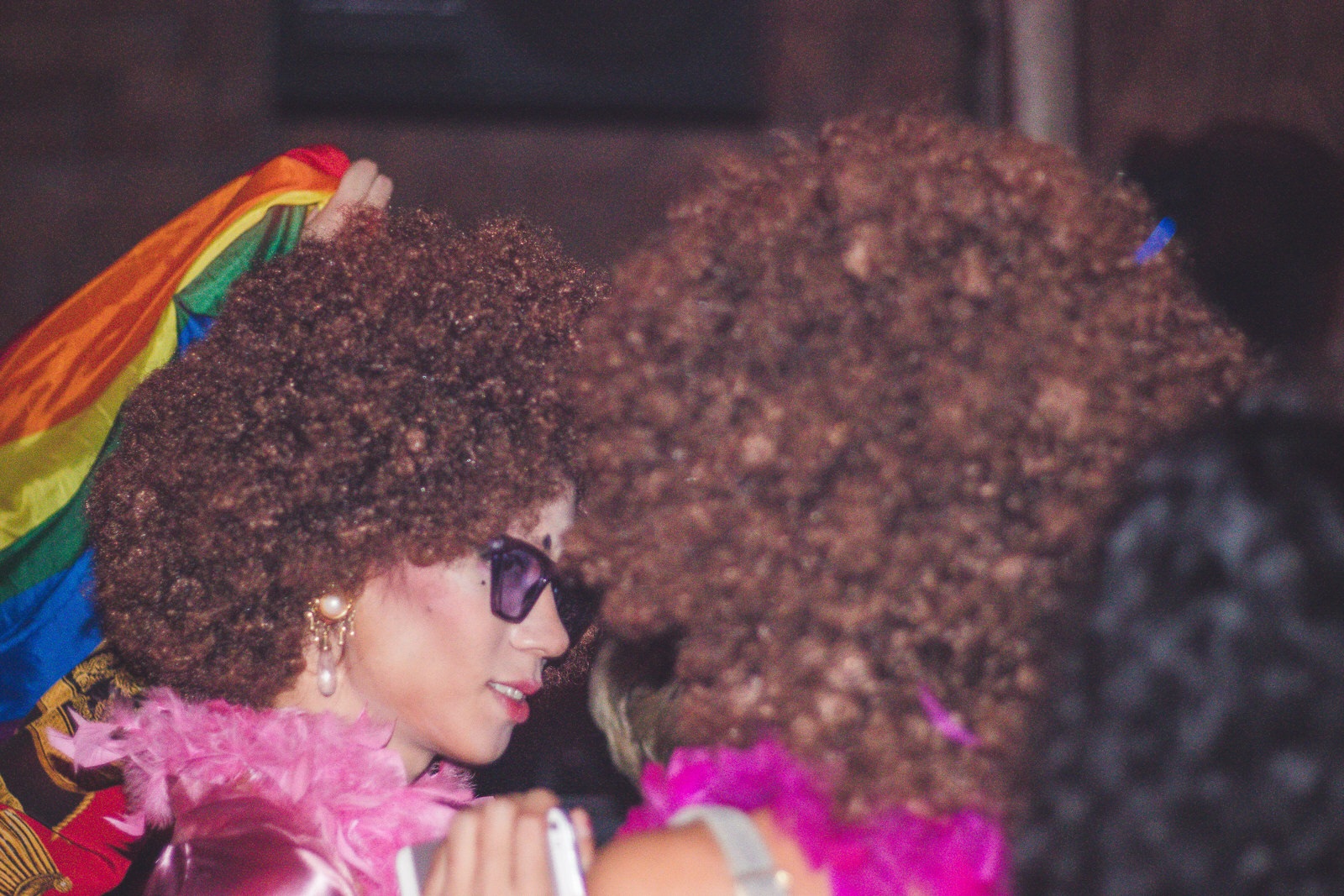
With music scenes and genres — house, disco, garage and more — historically rooted in marginalized groups including trans people, the post-pandemic Manila club scene is facing a challenge: to replace tolerance with acceptance, elevate sexual diversity and offer more, well-deserved seats at the table.
[Images via Today x Future, XX XX, Nikki Bonuel & CNN]


